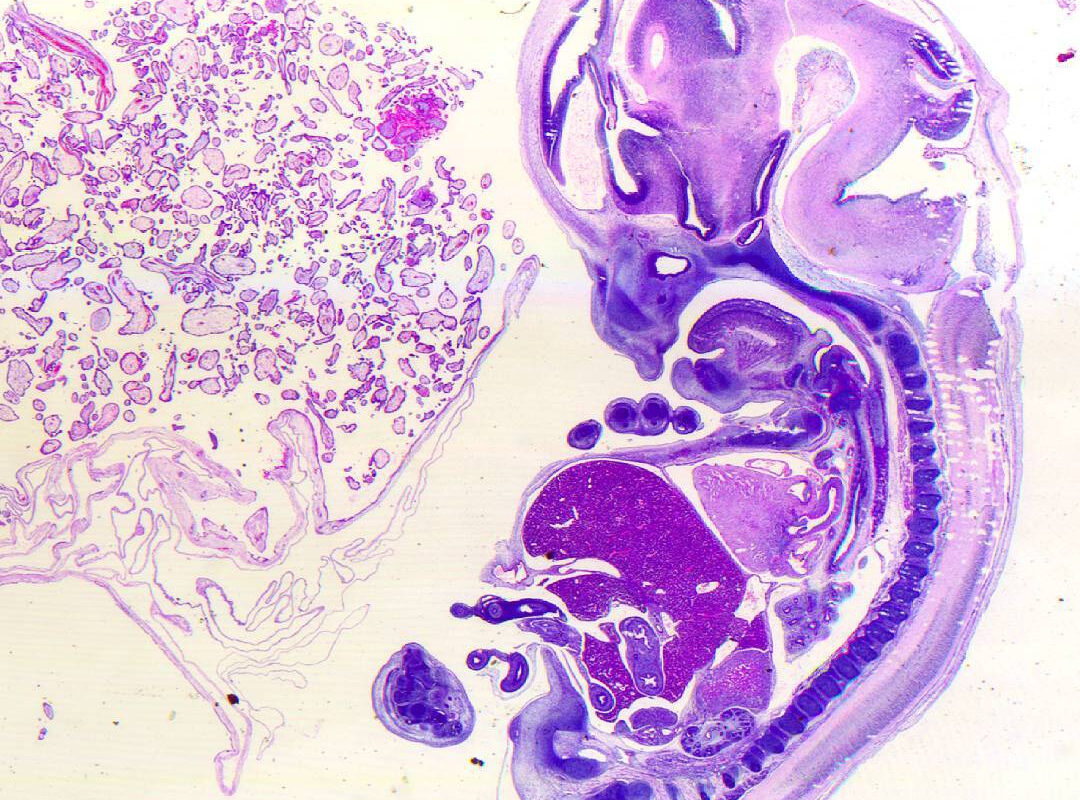Researchers from La Trobe University and the Hudson Institute have made a breakthrough discovery that cells from placentas could have therapeutic benefits for patients suffering from high blood pressure. The study, led by Dr. Michael De Silva, a senior lecturer in physiology and pharmacology at La Trobe, has expanded on earlier studies that investigated the use of placenta cells for stroke recovery and has successfully completed human safety trials.
The next phase of the research will involve assessing the effectiveness of this new therapy in reducing brain injury caused by stroke, pending approval from the Therapeutic Goods Administration. Dr. De Silva emphasized that this study builds on the revolutionary findings of their previous research in stroke models that demonstrated the cells’ ability to target the affected area of the brain when infused within a day after a stroke, reducing inflammation and nerve cell death.
Inspired by these results, the team decided to investigate if similar protection could be observed in reducing damage caused by high blood pressure. The study revealed that the treatment with placenta cells reduced inflammation in blood vessels. This is significant because high blood pressure, also known as hypertension, is the leading cause of strokes and heart attacks. Over time, it can create inflammation in the arteries and lead to vascular dementia. It is estimated that over one-third of Australians over the age of 18 have high blood pressure.
Dr. De Silva, along with Dr. Quynh Nhu Dinh and Professor Chris Sobey from La Trobe, conducted this research. Placenta cells were collected from mothers who had undergone cesarean sections at the Hudson Institute. The study found that these cells not only reduced inflammation but also prevented cognitive impairment.
Currently, blood pressure control rates in Australia are alarmingly low at only 32%. While drugs can help reduce high blood pressure, the use of placenta cells could specifically target the inflammation in the arteries caused by hypertension, thereby reducing the associated risks of cardiovascular disease and cognitive impairment.
Dr. De Silva acknowledged that more research is needed, and the team will continue to explore how this knowledge can benefit patients with high blood pressure. However, this study’s findings provide promising insights into the development of a new form of therapy that could minimize damage to blood vessels and the brain when blood pressure is high. This has the potential to be a game-changer in the field of hypertension and cardiovascular health.
In conclusion, researchers from La Trobe University and the Hudson Institute have identified the therapeutic benefits of placenta cells in reducing blood pressure and preventing associated complications. This breakthrough discovery holds promise for the development of a new therapy that specifically targets inflammation in the arteries, offering a potential solution for patients suffering from high blood pressure. Further research is still required, but this study marks a significant step forward in the field of hypertension treatment and cardiovascular health.
*Note:
1. Source: Coherent Market Insights, Public sources, Desk research
2. We have leveraged AI tools to mine information and compile it



